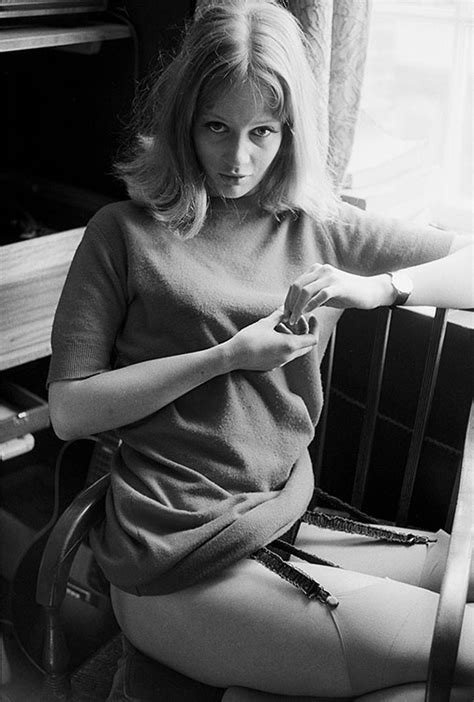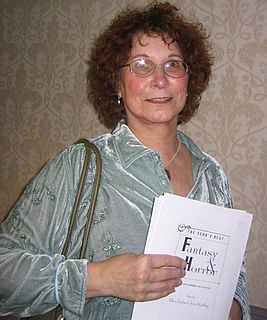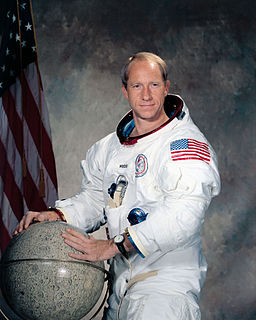A Quote by Joanna Coles
I look at my time on this earth as social anthropology, at home and in work life.
Related Quotes
When I was growing up my mom was home. She wanted to go to work, but she waited. She was educated as a teacher. The minute my youngest sister went to school full-time, from first grade, mom went back to work. But she balanced her life. She chose teaching, which enabled her to leave at the same time we left, and come home pretty much the same time we came home. She knew how to balance.
Our aims in political activism are not, and should not be, to create a perfect utopia. What we seek is more simply to improve the quality of human life while at the same time respecting the natural environment which sustains it: 'Not a heaven on earth but a better earth on earth.' This is not at all a timid agenda, far from it. The work ahead of us is enormous!



































